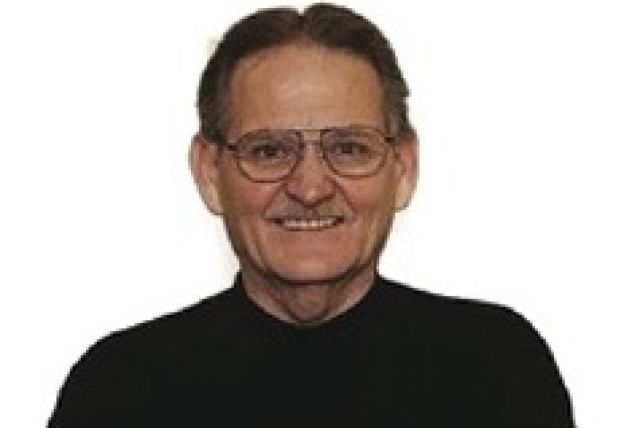Squirrels and Goldfish

She was an incredibly hard worker. Her focus was as sharp, keen, and consistent as a fine camera. When she got onto a task, she was on it. As much as possible, she did one or a limited number of things at a time, and she did them well. When she committed to something, she was all in.
For sixteen years she served as a supervisor in McCambridge Township. For the last six years, she served as the board president as well. McCambridge Township is rural, and the local economy centers around the lumber business. Tragg Lumber and Forestry is the biggest employer in the region.
She was both effective and efficient in her leadership of the township. She garnered a great deal of support, and in the last three municipal elections she ran unopposed. That wasn’t because there was no interest in the position but was instead a result of the reputation she has developed. She served the position well, and the position served her well. There was a nice fit.
Several years ago the local political party contacted her to run for county commissioner. She considered it, but felt she was better as a supervisor. At the end of the last election cycle, she was again approached. This time the message was a we-really-need-you conversation rather than the previous are-you-interested question. After some thoughtful deliberation she confirmed that she was indeed interested.
She won the fall election handily, and on January 2nd she was sworn in as the newest county commissioner. She was excited and at the same time a bit anxious about making her way in this new position. She knew and was comfortable with how she had built a sound fit in her previous position, so she set right to work trying to establish the same relationship with her new role as a commissioner.
During the second week of January, the state sponsored a three-day symposium for new commissioners. Newly elected commissioners had the opportunity to learn about current trends in county government, network with other new commissioners, and hear from experienced commissioners about their service in county government. A seasoned veteran accompanied each new commissioner from his or her county. The commissioner who accompanied her was in his 12th four-year term. He was also the former president of Tragg Lumber and Forestry.
During one of the session they both attended, a young commissioner from the southern part of the state spoke with great passion about the ability to multi-task. The presenter claimed that without this skill a leader can be quickly lost, rendering her or himself out of touch and ineffective. The speaker’s message was not lost on this new commissioner. Later that day at dinner, she shared with Commissioner Tragg that multi-tasking sounded interesting, and that it would be something she would have to work on. He just nodded and smiled. The she said, “I don’t want to be the commissioner who can’t walk and chew gum at the same time.”
Over the next several months, she experimented then drove deeply into multi-tasking. She bought a book and scheduled a phone conference with the speaker from the symposium. She really tried the process. Some days she felt like it was working, but other days she found herself in what her Grandmother called the dithers. She was unfocused, unorganized, and both professionally and personally confused. It hadn’t yet turned to chaos, but there were days when she was most definitely headed in that direction.
Taking the older commissioner who had accompanied her to the symposium into her confidence, she shared that multi-tasking wasn’t working for her. In a very matter-of-fact tone he complimented her for figuring that out, and then encouraged her to make some necessary adjustments. He said, the person who spoke at the conference had shared her experience and offered the group some insights into what works for her.
He went on to say that in his line of work, he had always been in tune with nature. He spoke of nature in terms of ecosystems and about how various elements of a system must works together. He told her that some roles are shared, while others are unique to individual elements. “Think of it this way,” he concluded, “If a squirrel tried to advise a fish on how best to move through the ecosystem, the fish could easily be lost. Yes, making their way is important for both of them, but they each have to do so in a manner that provides personal and organizational fit.”
The next Monday morning she went into her office and there sitting on her desk was a goldfish in a bowl. On a small note by the bowl was a note that read, Do what works for you!
